64 results in Rochester Studies in African History and the Diaspora
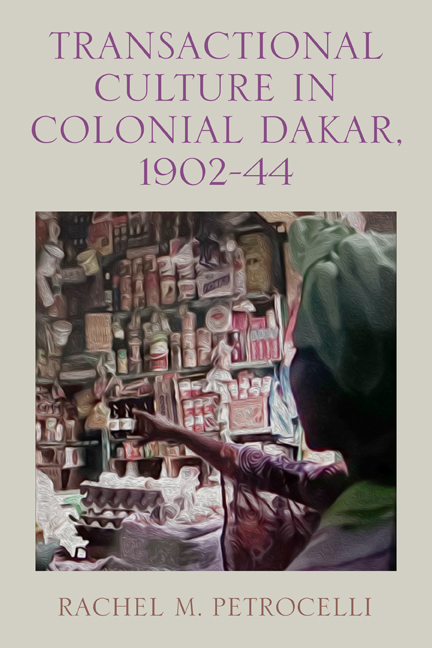
Transactional Culture in Colonial Dakar, 1902-44
-
- Published by:
- Boydell & Brewer
- Published online:
- 08 May 2024
- Print publication:
- 18 June 2024
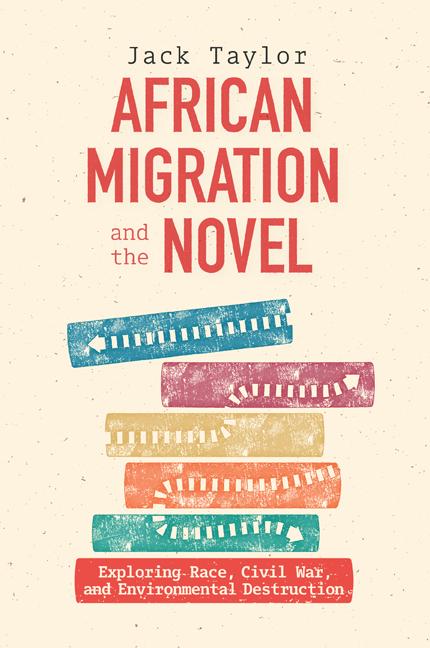
African Migration and the Novel
- Exploring Race, Civil War, and Environmental Destruction
-
- Published by:
- Boydell & Brewer
- Published online:
- 10 May 2024
- Print publication:
- 23 April 2024

The Global Ethiopian Diaspora
- Migrations, Connections, and Belongings
-
- Published by:
- Boydell & Brewer
- Published online:
- 14 May 2024
- Print publication:
- 23 April 2024
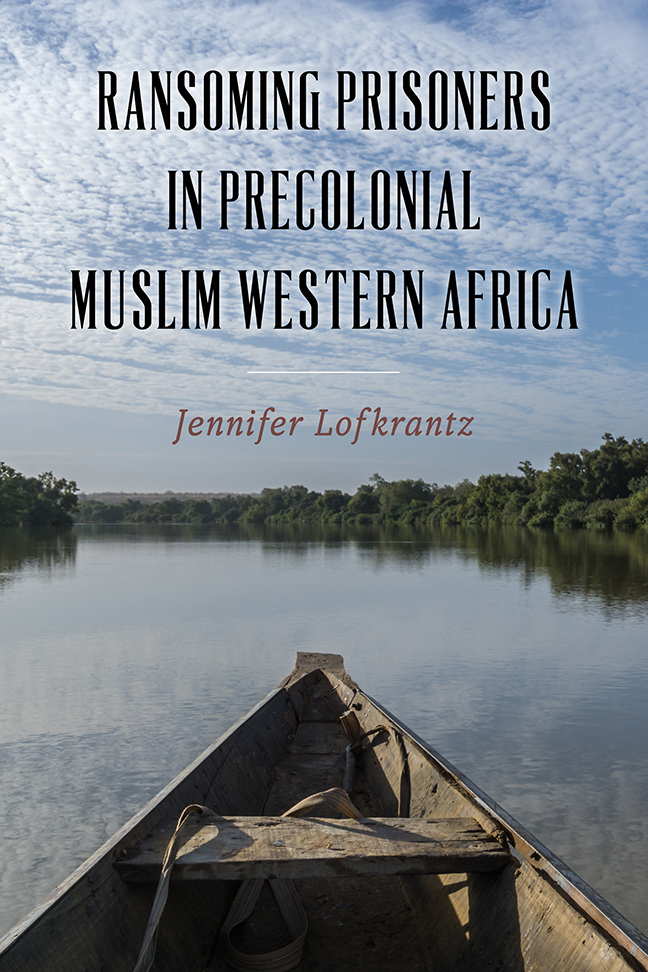
Ransoming Prisoners in Precolonial Muslim Western Africa
-
- Published by:
- Boydell & Brewer
- Published online:
- 10 January 2024
- Print publication:
- 20 June 2023
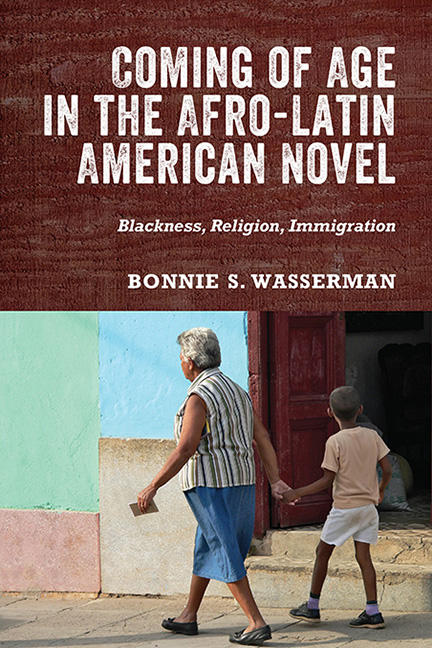
Coming of Age in the Afro-Latin American Novel
- Blackness, Religion, Immigration
-
- Published by:
- Boydell & Brewer
- Published online:
- 16 July 2022
- Print publication:
- 03 May 2022
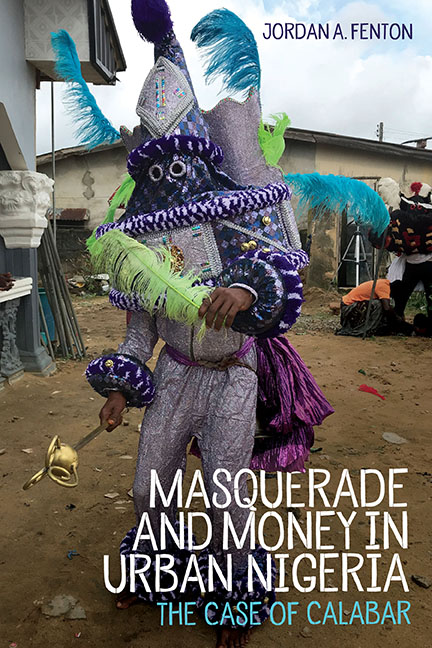
Masquerade and Money in Urban Nigeria
- The Case of Calabar
-
- Published by:
- Boydell & Brewer
- Published online:
- 26 May 2022
- Print publication:
- 07 February 2022
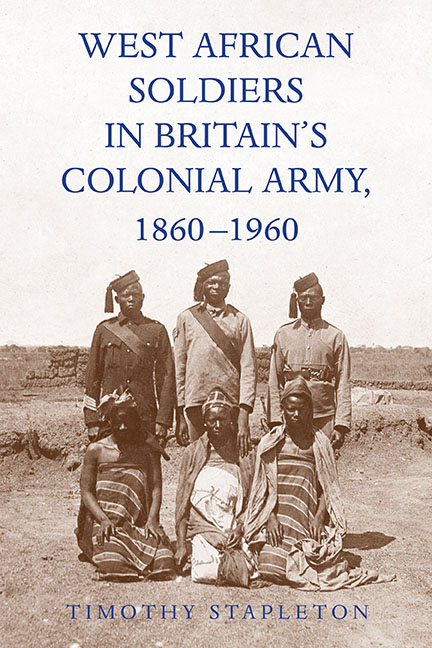
West African Soldiers in Britain's Colonial Army, 1860-1960
-
- Published by:
- Boydell & Brewer
- Published online:
- 07 October 2022
- Print publication:
- 17 December 2021
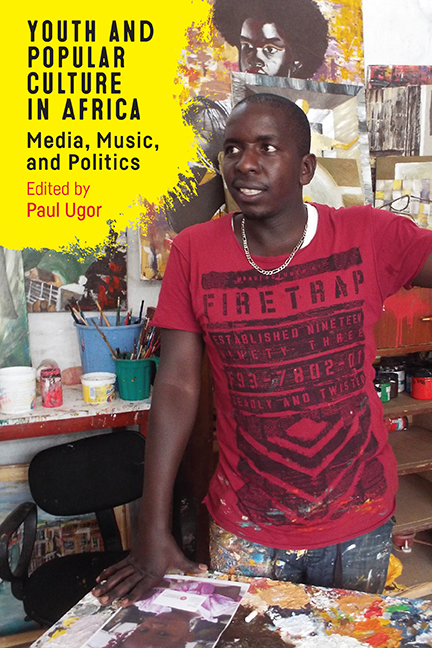
Youth and Popular Culture in Africa
- Media, Music, and Politics
-
- Published by:
- Boydell & Brewer
- Published online:
- 26 May 2022
- Print publication:
- 15 October 2021
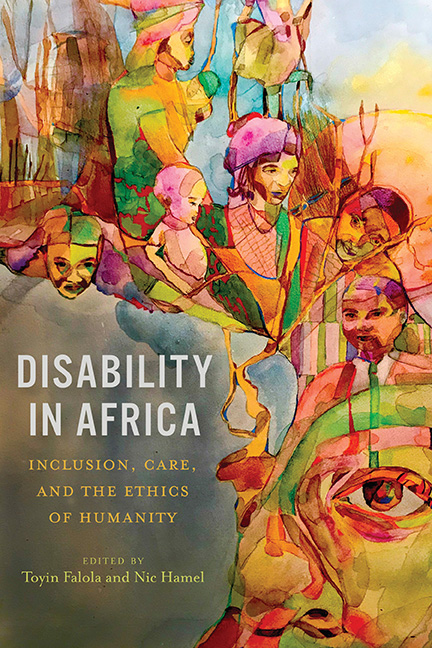
Disability in Africa
- Inclusion, Care, and the Ethics of Humanity
-
- Published by:
- Boydell & Brewer
- Published online:
- 17 June 2021
- Print publication:
- 15 March 2021

Opposing Apartheid on Stage
- King Kong the Musical
-
- Published by:
- Boydell & Brewer
- Published online:
- 06 October 2020
- Print publication:
- 25 August 2020
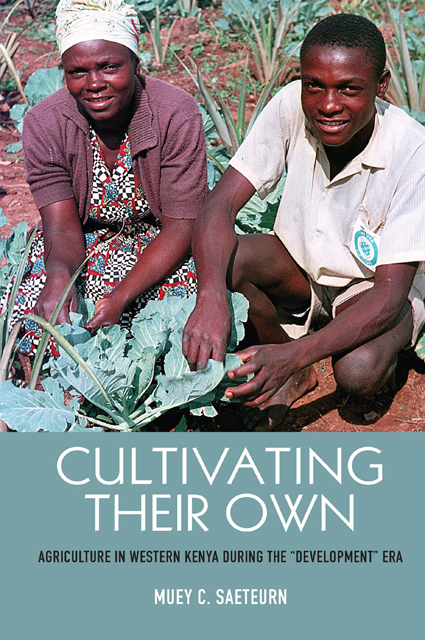
Cultivating their Own
- Agriculture in Western Kenya during the 'Development' Era
-
- Published by:
- Boydell & Brewer
- Published online:
- 18 January 2023
- Print publication:
- 01 June 2020
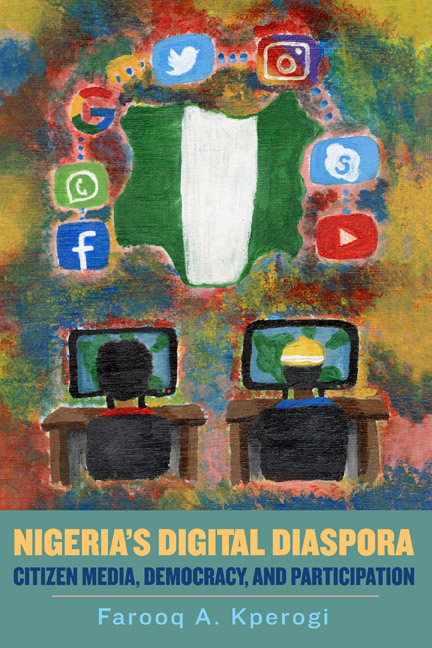
Nigeria's Digital Diaspora
- Citizen Media, Democracy, and Participation
-
- Published by:
- Boydell & Brewer
- Published online:
- 13 April 2021
- Print publication:
- 15 January 2020
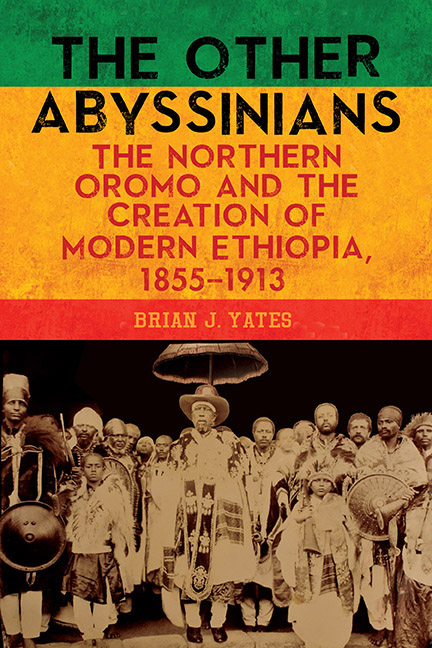
The Other Abyssinians
- The Northern Oromo and the Creation of Modern Ethiopia
-
- Published by:
- Boydell & Brewer
- Published online:
- 21 March 2020
- Print publication:
- 02 January 2020
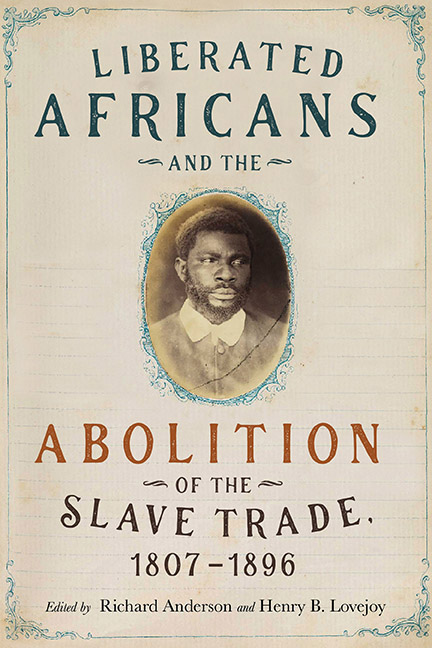
Liberated Africans and the Abolition of the Slave Trade, 1807–1896
-
- Published by:
- Boydell & Brewer
- Published online:
- 21 March 2020
- Print publication:
- 02 January 2020
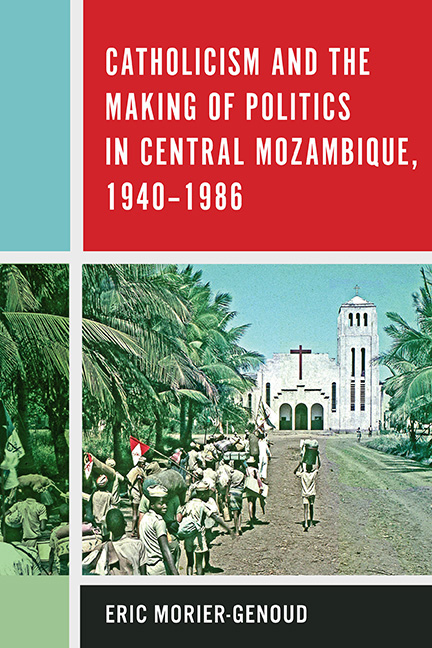
Catholicism and the Making of Politics in Central Mozambique, 1940–1986
-
- Published by:
- Boydell & Brewer
- Published online:
- 28 June 2019
- Print publication:
- 28 June 2019
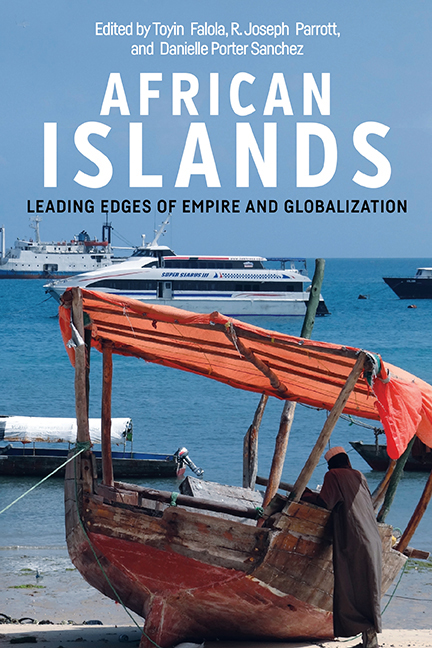
African Islands
- Leading Edges of Empire and Globalization
-
- Published by:
- Boydell & Brewer
- Published online:
- 31 August 2019
- Print publication:
- 20 June 2019
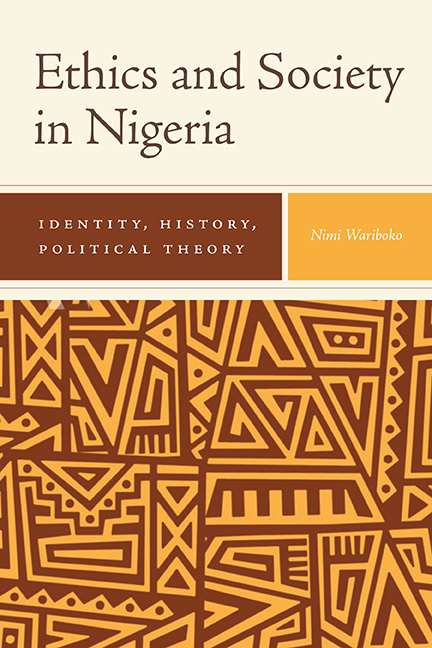
Ethics and Society in Nigeria
- Identity, History, Political Theory
-
- Published by:
- Boydell & Brewer
- Published online:
- 03 September 2019
- Print publication:
- 15 March 2019
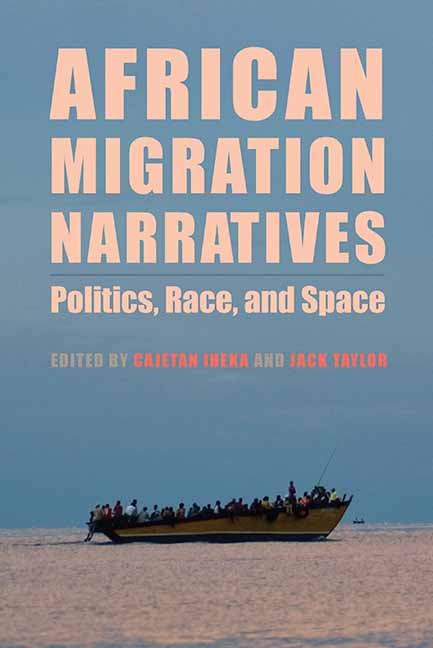
African Migration Narratives
- Politics, Race, and Space
-
- Published by:
- Boydell & Brewer
- Published online:
- 26 July 2019
- Print publication:
- 26 November 2018
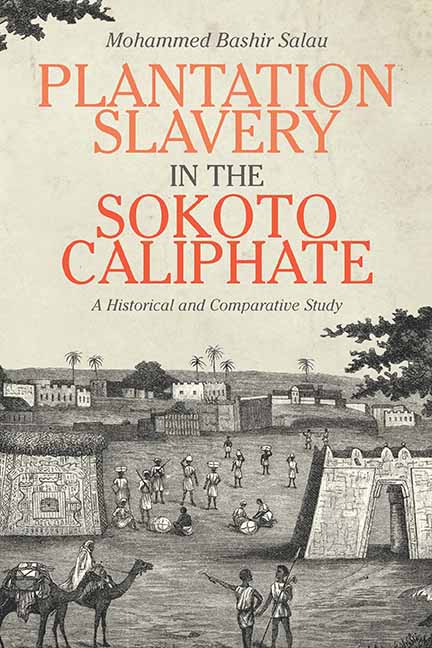
Plantation Slavery in the Sokoto Caliphate
- A Historical and Comparative Study
-
- Published by:
- Boydell & Brewer
- Published online:
- 23 July 2019
- Print publication:
- 15 November 2018
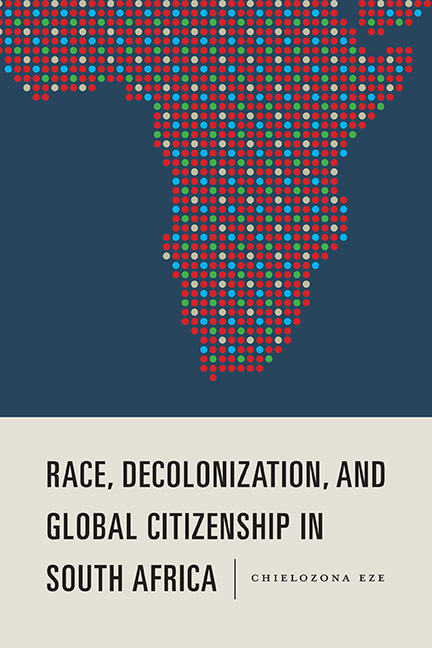
Race, Decolonization, and Global Citizenship in South Africa
-
- Published by:
- Boydell & Brewer
- Published online:
- 24 July 2019
- Print publication:
- 31 October 2018

